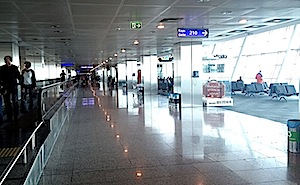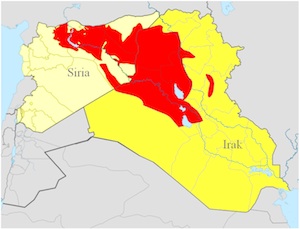Terrorist attack at Istanbul airport leaves at least 36 dead

The management team of Face Activities extends our condolences to the victims, and their families, of the Istanbul airport attack.
Following a horrific terrorist attack at Istanbul’s Ataturk international airport, at least 36 are dead (earlier reports soared to as many as 50) and dozens were injured, possibly as many as 147. At this time official sources indicate ISIS terrorists are most likely to blame, though there’s been speculation that Kurdish separatists could be responsible.
Three attackers used automatic weapons to assault airport travelers in the bustling airport, but when police returned fire, they detonated explosive devices, killing themselves and many innocent bystanders. The police may have stopped the terrorists before they entered an even more crowded part of the airport, which could have lead to even greater casualties.
Learn about Istanbul airport attack (BBC)
Photo: by Josef Moser, (Attribution-Share Alike 4.0 International)


